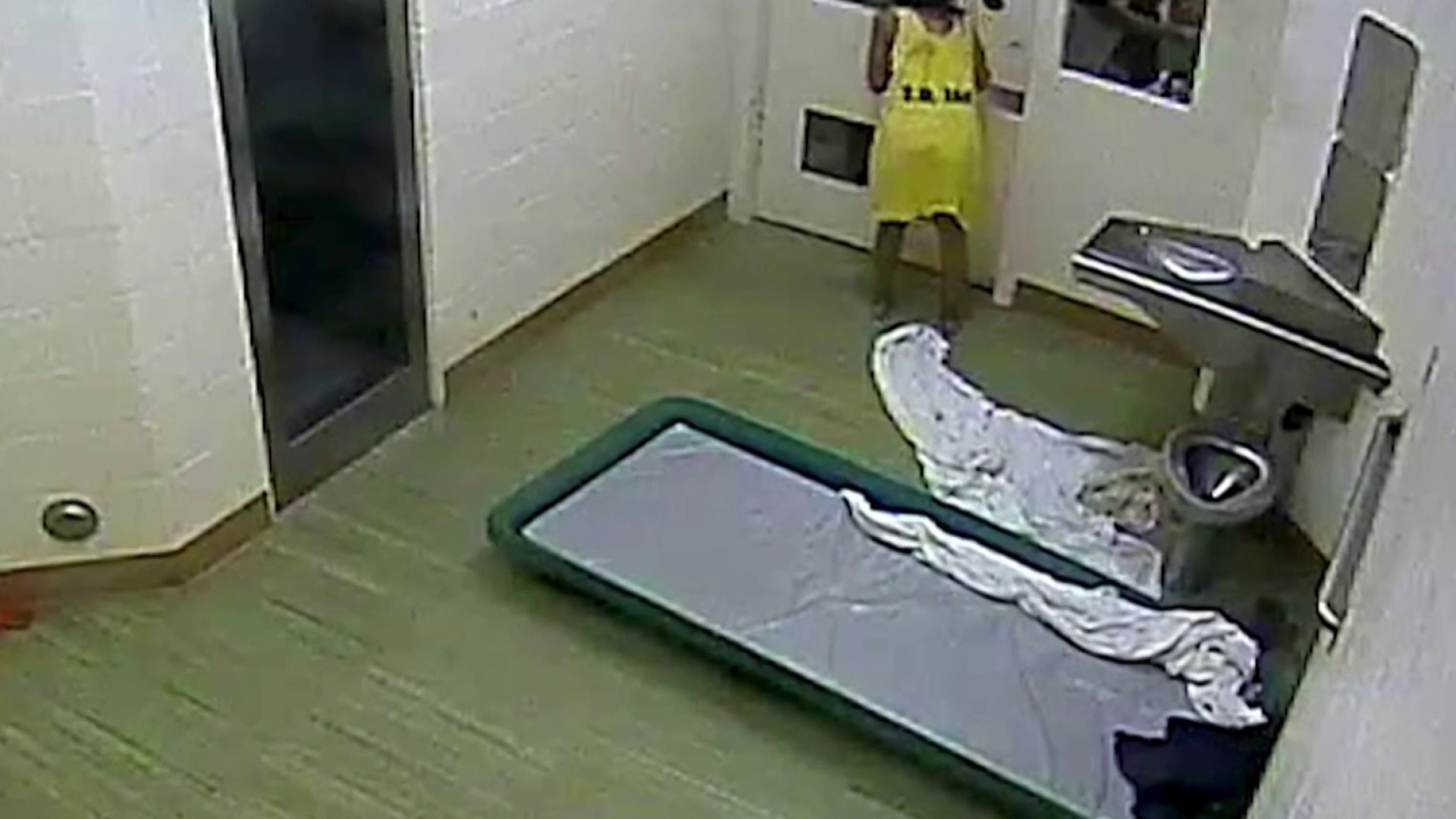It hasn't taken long for critics to mobilize against Mayor Faulconer's stadium advisory group.
Not only are the demographics of its membership being questioned, but so is its license to operate in secrecy -- and all this, before any proposal has come forward.
The mayor's waiting to invite public participation in the process after the advisory group comes up with a proposal later this year.
San Diego City Attorney Jan Goldsmith has opined that the state's open meetings law doesn't apply to the nine-member panel.
So it's "street legal," but is it "street smart"?
Hizzoner's private "kitchen cabinet' is in the doghouse with a lot of San Diegans who think it should be out in the open with efforts to turn a billion-dollar civic project into bargain -- anything but a boondoggle.
"To a degree, it's up to them,” said Clairemont resident Brenten Scire. “But as far as the community goes, if it impacts the community, I think obviously everybody should have a voice."
In an interview Tuesday outside downtown’s Hall of Justice, Rancho Penasquitos resident Gail King added these thoughts: “They should involve all of San Diego -- it shouldn't just be San Diego 'proper.' My gosh, it's ridiculous!"
The stadium, now widely known by shorthand as “The Q,” was built via a city-county joint powers agreement, by way of a $27 million bond measure passed a half-century ago.
The new stadium advisory group will deal with a lot more zeroes.
"I'm sure everybody in town will read the entire report,” said Scott Lewis, editor of Voice of San Diego. “But there is something to be said for a process like the first task force that takes everybody along through this narrative that they go through themselves."
Local
That first task force, working in 2003, met in view of media cameras and the public, taking walking tours of then-Jack Murphy Stadium and advice from anybody who wanted to speak their mind.
They eventually signed on to a Chargers-proposed redevelopment approach to the Mission Valley site that the team eventually abandoned after concluding it wouldn’t “pencil out” under economic and environmental conditions going forward.
Couldn't the 2003 group’s successors open things up beyond their own little circle?
"They have a fair amount of flexibility to do what they want,” said attorney Gil Cabrera, a Convention Board member and former city ethics commissioner.
According to Cabrera, there’s no rule against the group inviting outside speakers and holding periodic meetings to hear from -- and brief -- the public.
"So if I was the chair, I would do as much of that as possible,” Cabrera told NBC 7. “Because that's going to help them, later down the road, if you have public buy-in on your recommendations."
Advisory group members who could be reached Tuesday declined comment on these issues – at least until after they meet, and make some early decisions, for the first time late Friday.
They aren't authorized to use city staff or lawyers in their work and will have to bankroll their own experts if there are costs involved.
"Even if you bring in outside counsel, it doesn't guarantee that the city attorney's going to agree with those opinions,” Cabrera noted. “So you could have outside counsel steering the committee in one direction and have the city attorney say we don't agree with that. And then you're starting over."



